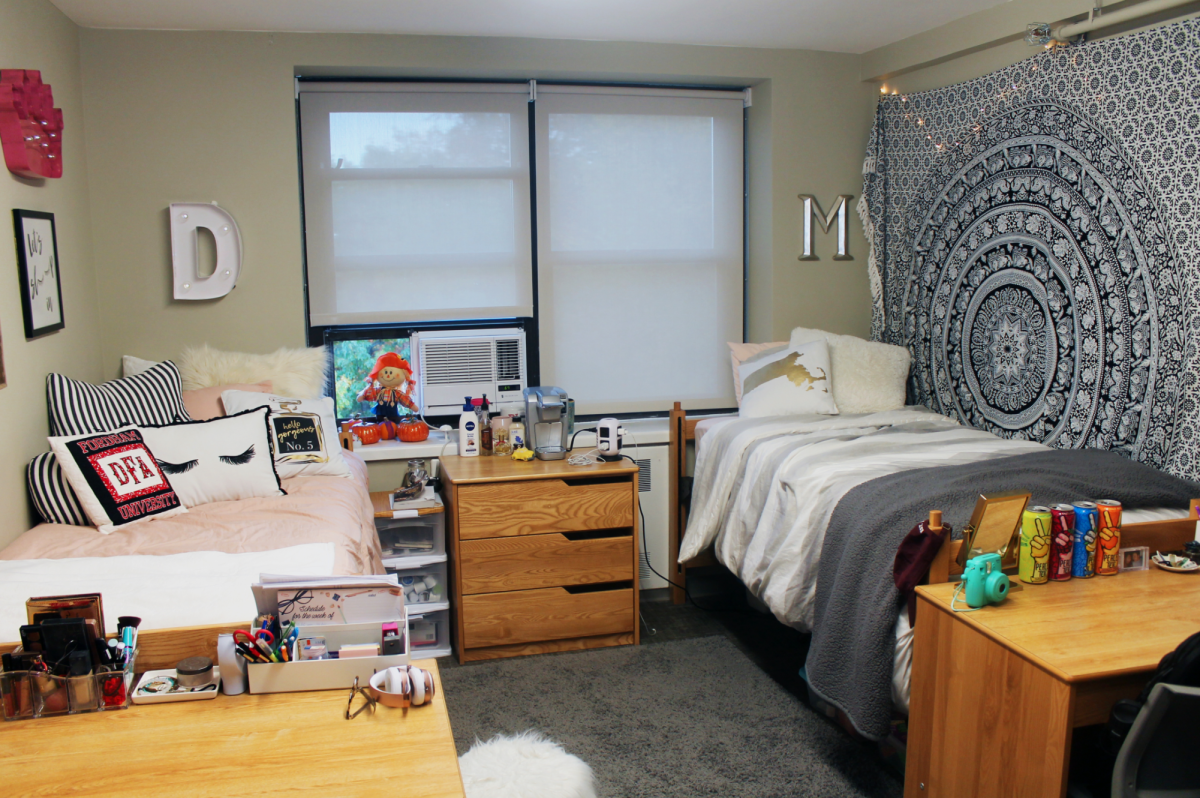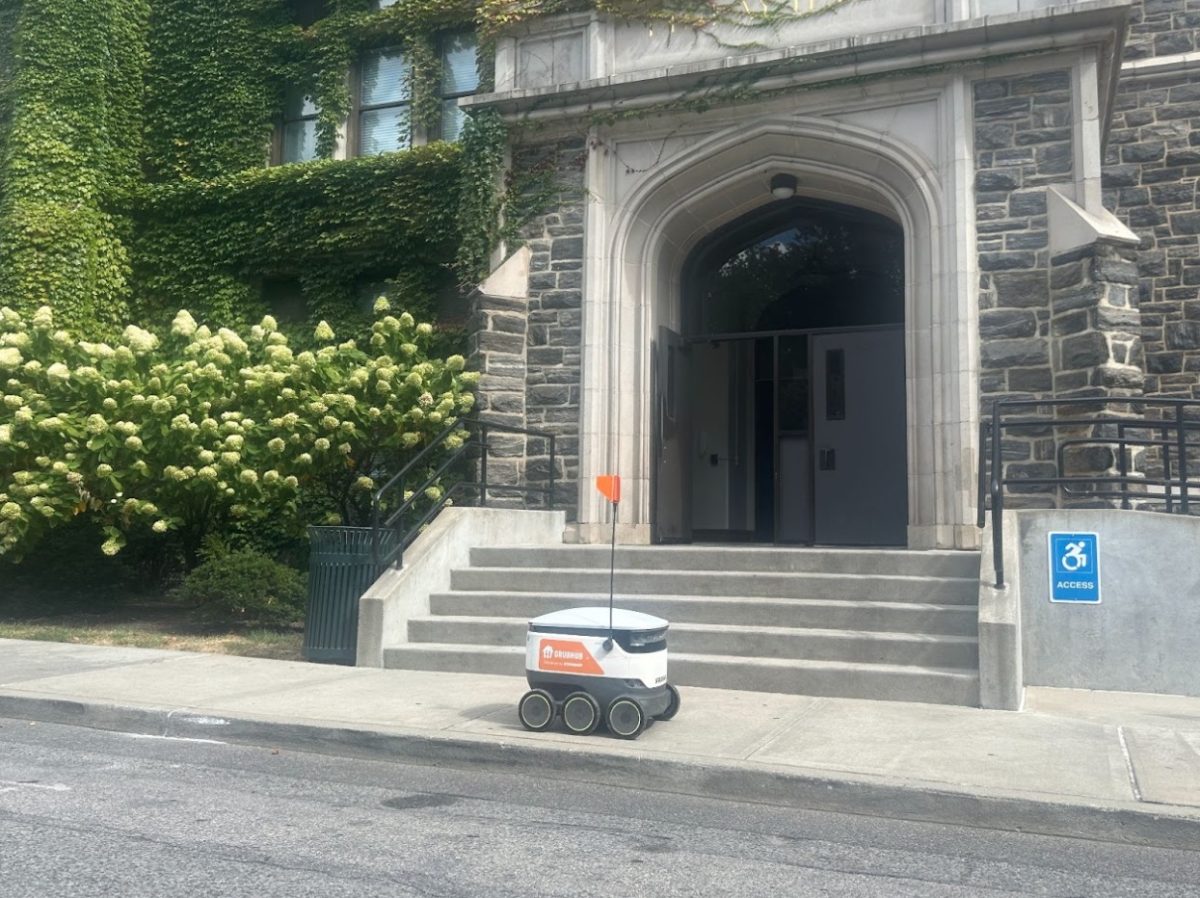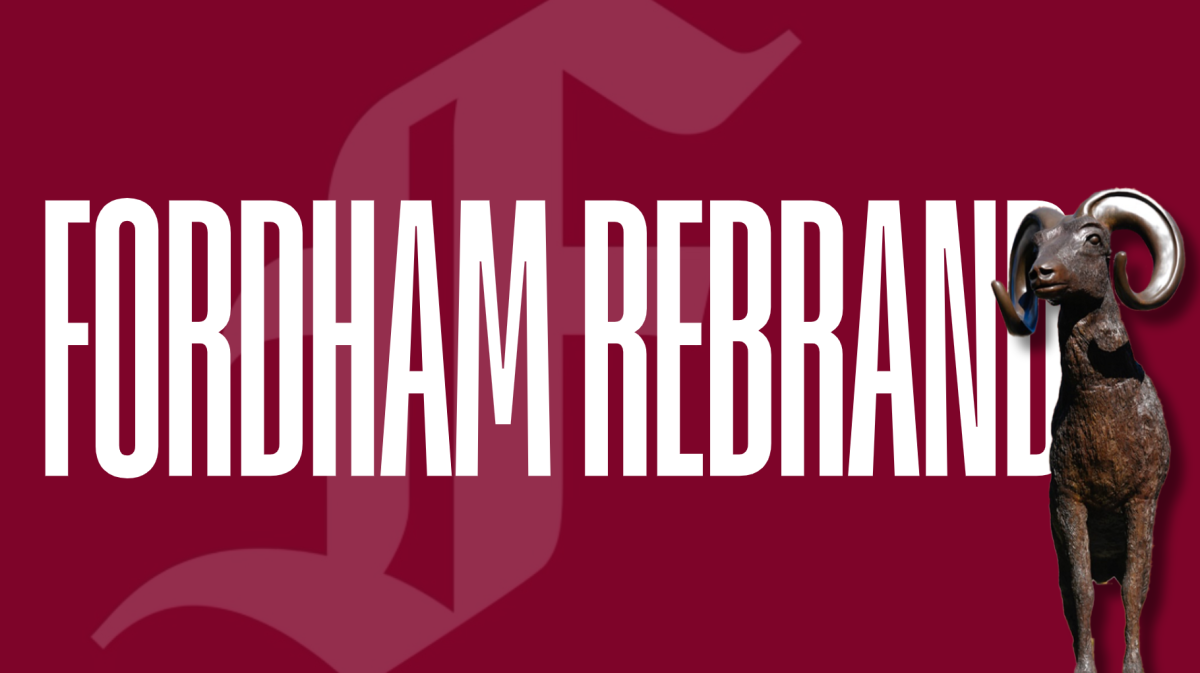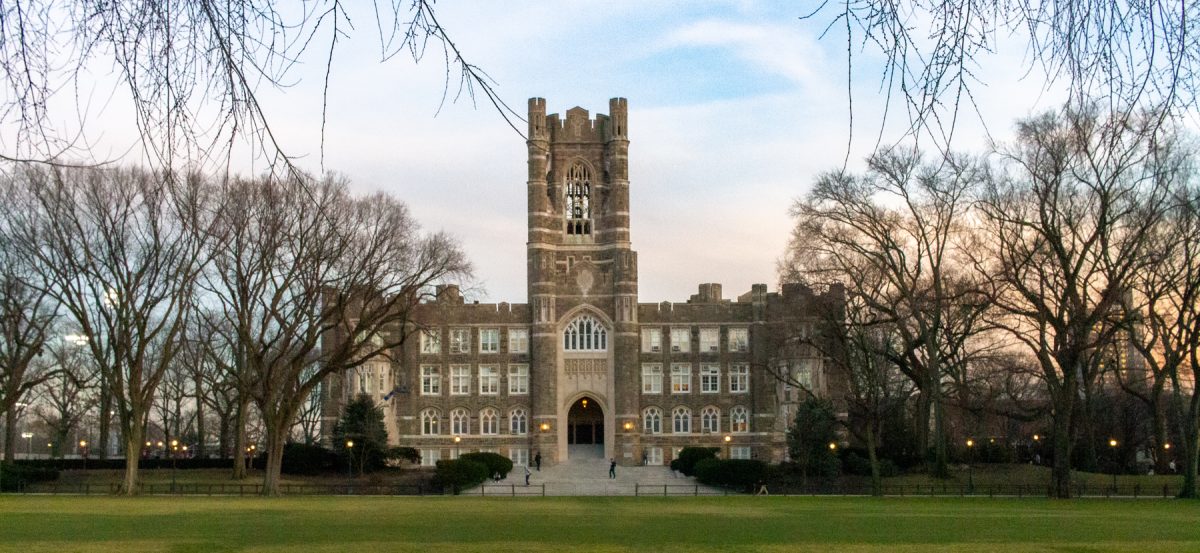By Margaret Fahey

Two Goodwill donation bins at Rose Hill receive an influx of clothes, shoes and accessories as students move in and out. In the interim, GoodwillNYNJ, a non profit organization that serves communities across North America, empties the bins and distributes them to any one of 43 GoodwillNYNJ stores across the country.
This spring, GoodwillNYNJ plans to host a “college moveout” at Fordham’s Rose Hill and Lincoln Center campuses. Last year, GoodwillNYNJ “collected 33,750 pounds of clothing, shoes and accessories. These donations go to any of our 14 local NYC stores, we have 11 Goodwill stores in Manhattan and one in the Bronx, Brooklyn and Queens,” said Jose Medellin, director of communications for Goodwill Industries of Greater NY and Northern NJ, Inc.
Fordham’s bins stand between John Mulcahy Hall and Walsh Hall on Fordham’s Rose Hill campus.
Medelin offers an inside look as to what happens after donation bins on our campus are emptied.
“Clothes collected at GoodwillNYNJ bins are taken to our Astoria headquarters where our production staff sorts through bags,” said Medellin. “Items fit for sale are tagged and sent to any of our 43 GoodwillNYNJ stores and placed in the sales floor immediately.”
He also said that the clothing donated to Fordham’s bins are given, by and large, to the
“The clothing is mostly consumed locally,” said Medellin. “Some textiles are re-purposed into insulation or industrial carpeting.”
Some students say the condition of the bins on campus concerns them when they deposit their clothing. Erin Stepka, GSB’19, said that although the bins served a positive purpose, during the last snow storm, she saw that “some overflowing bins with donations were getting weather damage.”
Medellin said donations unfit for sale are baled and not sold on the floor.
“After a set amount of time on the sales floor, an item that is not sold will be available at half price,” said Medellin. “When the color-tag sale ends, remaining items are sent to our outlet store in Long Island City, NY for sale by the pound at a much reduced rate.”
If an item has still not sold after this process, it is sold to textile recyclers.
GoodwillNYNJ does not accept any wet or hazardous clothing, as they are the only apparel they do not sell through stores or textile recyclers.
Here at Fordham, Edward Palermo, Operations Manager for Custodial Services, is in charge of managing the GoodwillNYNJ bins on the Rose Hill campus. “The bins in place have been here since 2011,” said Palermo. When necessary, the bins are serviced and, when Palermo sees that the bins are full, he contacts GoodwillNYNJ directly, who then come to empty them.
Stepka said she and her friends “used the bins last year when they moved out. While they are a great asset to the Fordham community,” she said, “there should be more attention.” They could be “advertised or promoted more, because when students get used to the campus, the bins seem to blend into the background and are only used at the end of semesters,” she said.
The bins are used most “when students move out for Christmas break and at the end of the academic year,” said Palermo.
GoodwillNYNJ diverted more than 128 million pounds of usable clothing and household goods in 2016, according to Medellin. It also collected 93 million pounds of textiles.






































































































































































































